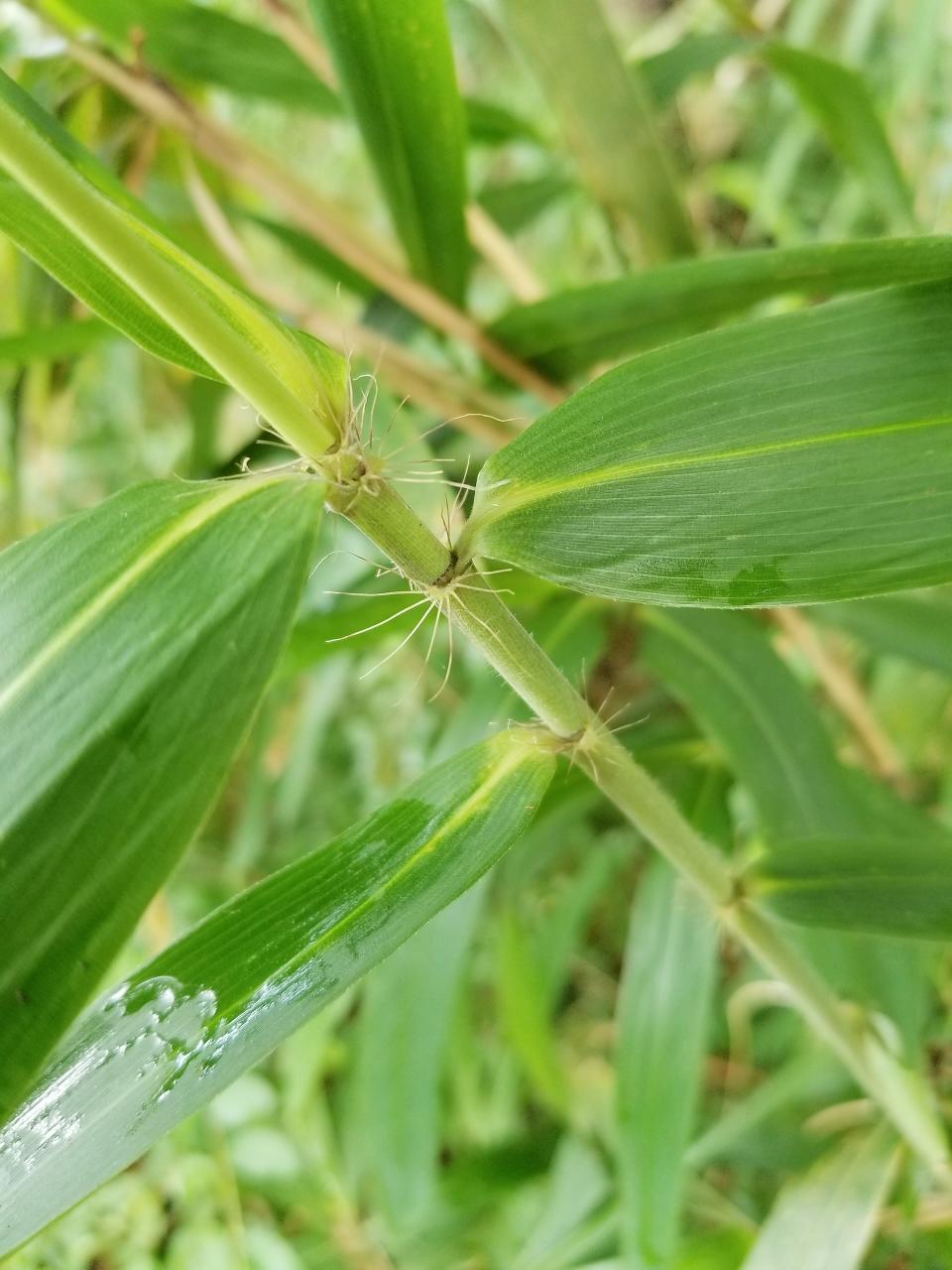Jacksonville State professor discovers new bamboo native to Alabama
A Jacksonville State University biology professor has discovered a new species of native bamboo in Alabama.
According to a news release from the university, the discovery of Tallapoosa Cane, or Arundinaria alabamensis, by Jimmy Triplett was cited in research published in “Phytotaxa,” an international science journal that deals with systematic botany.

Alabama has four species of Arundinaria, according to the release, more than any other state. Tallapoosa Cane is endemic to Alabama, meaning it’s only found here, and is the state’s 31st recognized endemic vascular plant (equipped with a specified vascular system for transporting nutrients and water).
Triplett is the curator of JSU’s Herbarium, which has a collection of more than 70,000 plant species.
He specializes in all aspects of plant biology, according to the release, particularly the use of genetics to understand diversity and evolution.
“Our native bamboos are closely related to bamboos in East Asia and highlight an interesting distribution shared with plants like magnolias, dogwoods and ginsengs, which is explained by prehistoric land bridges between continents,” he said.
Bamboos such as River Cane and Switch Cane once made up vast North American forests that indigenous people used in creating crafts and tools.
Triplett also was involved in the discovery of Hill Cane, found in Alabama, as well as plants in China, Ecuador, Japan and Sri Lanka.
This article originally appeared on The Gadsden Times: JSU professor discovers new bamboo species native to Alabama

